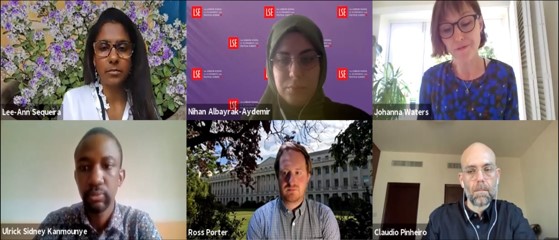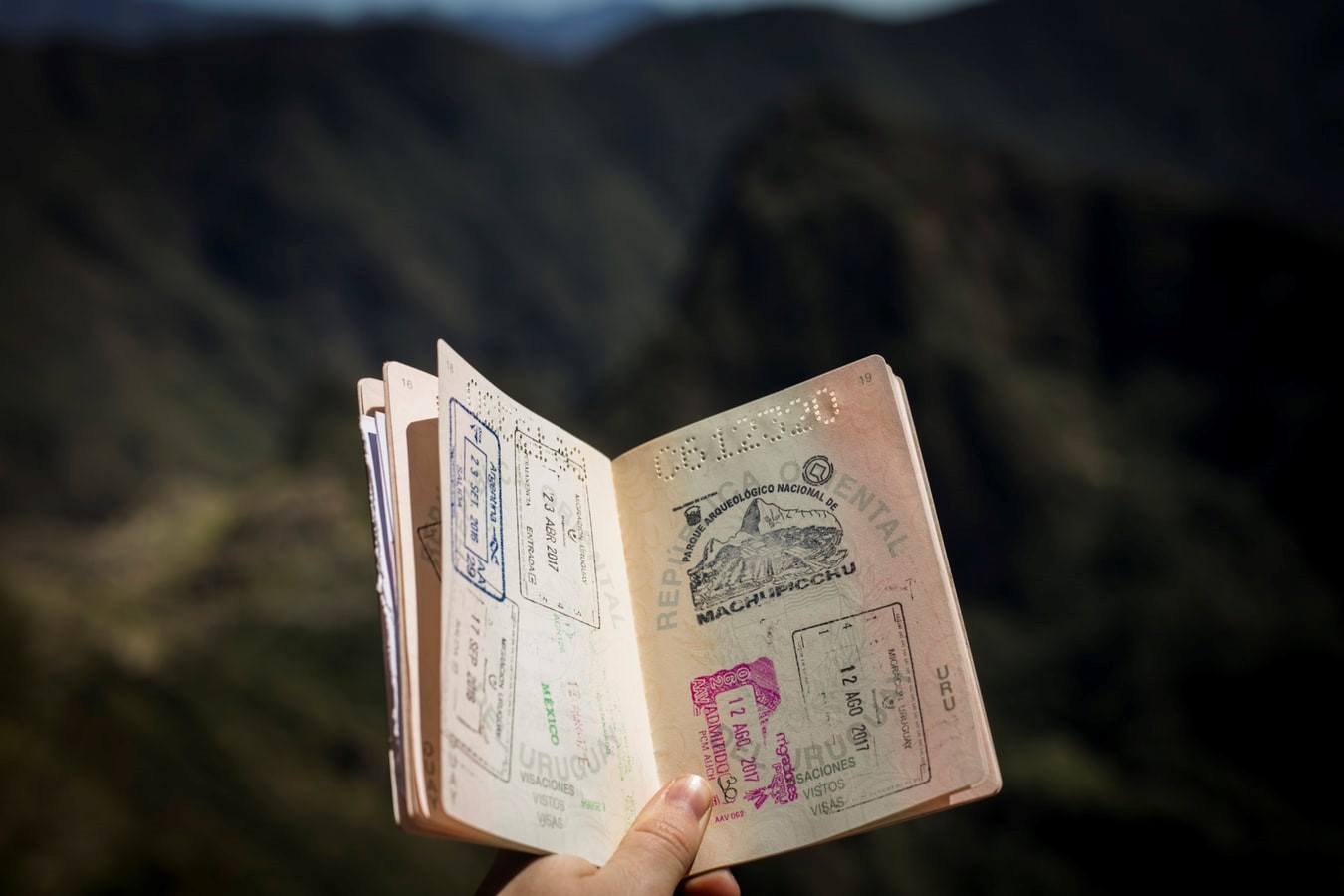In this podcast, six panellists draw on their research and professional and personal experience to discuss how Southern scholars face career, monetary, and emotional penalties for what is an accident of birth, to which those who enjoy passport privilege are often oblivious
As vaccine passports become a requirement for international travel and mobility, and developed nations purchase vaccines from countries in the Global South, but refuse to admit their vaccinated citizens into their borders, discrimination based on the passport one holds and the country of origin is rife.
“it reflects a wider sense of UK immigration and the visa system as hostile to immigrants, including international students from specifically poor parts of the world.”
Johanna L Waters
In July 2021, the LSE Higher Education Blog convened a panel discussion on passport privilege in academia. Nihan Albayrak-Aydemir (co-chair) and Lee-Ann Sequeira (co-chair) invited four experts in knowledge production and circulation, student mobility, student immigration, and global healthcare – Cláudio Pinheiro, Johanna L Waters, Ross Porter, and Ulrick Sidney – to discuss these questions:
- What effect does the current regime of UK passport and visa protocols have on student migrants – international scholars coming to the UK to study/work and British scholars going abroad? (01:38)
- How will vaccine passports, introduced as a result of COVID-19, increase passport/visa privilege, especially within academia? (09:14)
- Do you think universities are contributing to making immigration and visa processes a more fraught experience for international students and staff, or a more equitable one? (14:42)
- Have visa and immigration protocols in high-income countries commodified diversity further? Is it possible to decolonise without dismantling colonial funding and immigration practices? (21:57)
- Most of us are successful scholars from the Global South who are living/working or have lived/worked outside the Global South. Sceptics would point to us, to our success, as examples that passport privilege does not exist, or at least does not have a significant impact on careers. Would you agree? (29:55)
- When you think of the people you work with, do you think those with passport privilege are aware of their privilege? (39:25)
A brief profile of each of the panellists is available here.
“Universities are not just protecting themselves, they are protecting the rights, or the limited rights, of their international students.”
Ross Porter

“This is, I believe, a money machine for the flow of money flowing from the South to the North. … it's normally at the expenses of the South actually. The flow of money is still reproducing a colonial framework through which the circulation of people is understood.”
Cláudio Pinheiro
“[International education is] a £25 billion market, the Premier League is like £8 billion. So if … it's really about economics, it would make sense that things should be easier for international students than the professional football player”
Ulrick Sidney
________________________________________________________________________________________________
This post is opinion-based and does not reflect the views of the London School of Economics and Political Science or any of its constituent departments and divisions.
________________________________________________________________________________________________
Image: Photo by Annie Spratt on Unsplash





